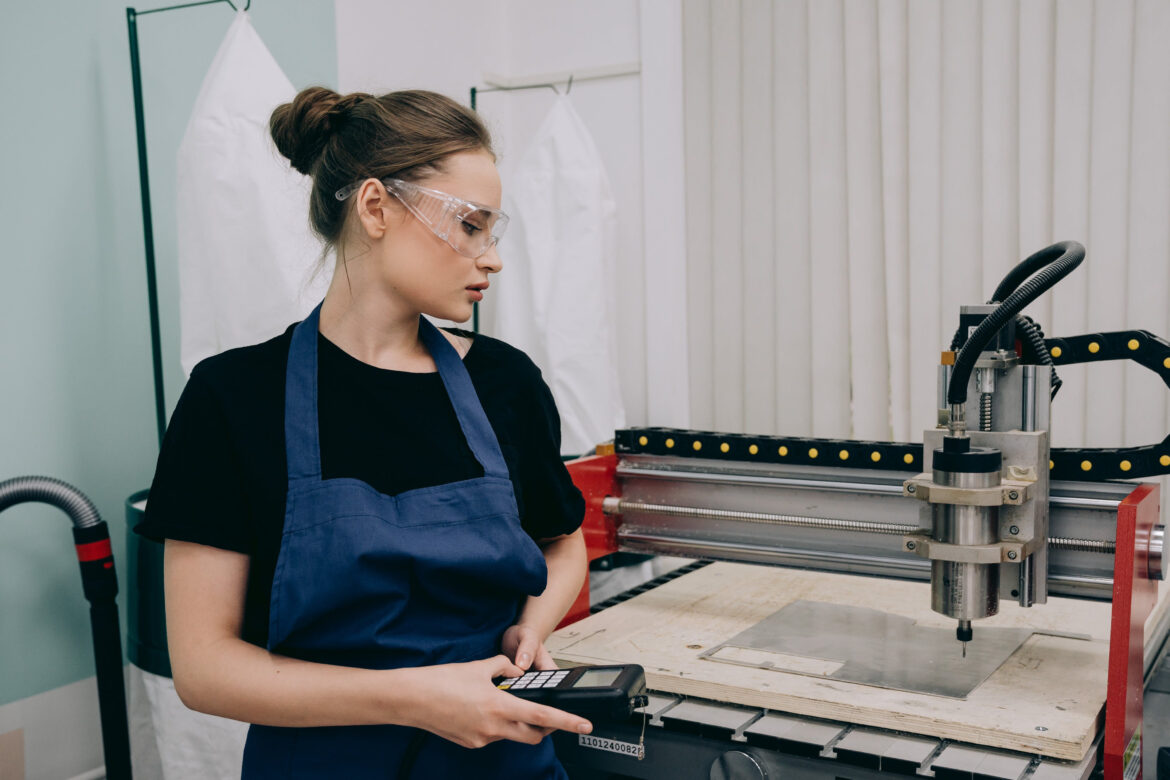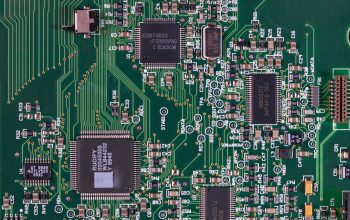Is smart manufacturing just beautiful words or a real strategy that generates income? We asked this question to a specialist in the field of industrial consulting Iren Kolov.
Chatbots and voice consultants have firmly entered the service sector. Although I thought a few decades ago that the electronic voice that solves your problems is a story from a fantasy book. These e-advisers are getting smarter with advances in computing technology and AI training methods. I give this example as the most clear and understandable to any person. Now back to manufacturing.
The main difference between the sphere of manufacturing and, for example, the sphere of trade is costs. So in the mass market, logistics, advertising and customer service occupy the main share of all costs. In manufacturing (we are talking about large-scale manufacturing), the main costs are raw materials and equipment. Consequently, the following tasks arise that reduce costs: to use raw materials rationally, to purchase materials of optimal quality, to extend the life of equipment. Artificial intelligence is able to cope with these tasks.
Irene, please give examples of the use of artificial intelligence in manufacturing.
For example, a film production machine selects the optimal temperature regime depending on the specified output criteria (film thickness, environmental resistance) and the viscosity of the solution. This rationalizes the use of raw materials and energy resources. A large production machine has vibrations. According to the characteristic peaks of the curves that correspond to these vibrations, the engineer receives a message about the replacement of a particular part. Timely repair of the unit helps to avoid costly repairs. And it is often simply impossible to manually check the production machine due to forced downtime.
What are the most common challenges to making manufacturing smarter?
I highlight two issues. This is management and data. Often the management does not want or does not understand why they need to introduce technologies in manufacturing. It seems to them that there are more significant problems, and this will have to wait. But it is still waiting until more modern competitors are forced out of the market or the costs of manufactoring are higher than income.
The second problem, as I said, concerns the set of data. Everything is simple here. Often it just don’t exist. In order to implement technologies based on models, these models must be created. At the heart of everything is the accumulated experience, which can be digitized. That is, in addition to interviewing personnel, a system of sensors is also needed that will capture the necessary information.
Will manufacturing be smart or is it a failed strategy?
They are already smart and will get smarter in the future. I am optimistic. As practice shows, everything rests on the development of technology. Old technologies are being replaced by new ones. Technology is becoming cheaper and therefore more accessible. Yesterday there was a floppy disk, and today it’s an SSD disk. The development of wireless communications, the Internet of things, and so on contributes to the creation of smart manufacturing. The main task of a consultant in the field of digitalization of manufacturing today is to convey the need for this entire process to manufacturing management.
by Risher Panir,
CounselSenses

